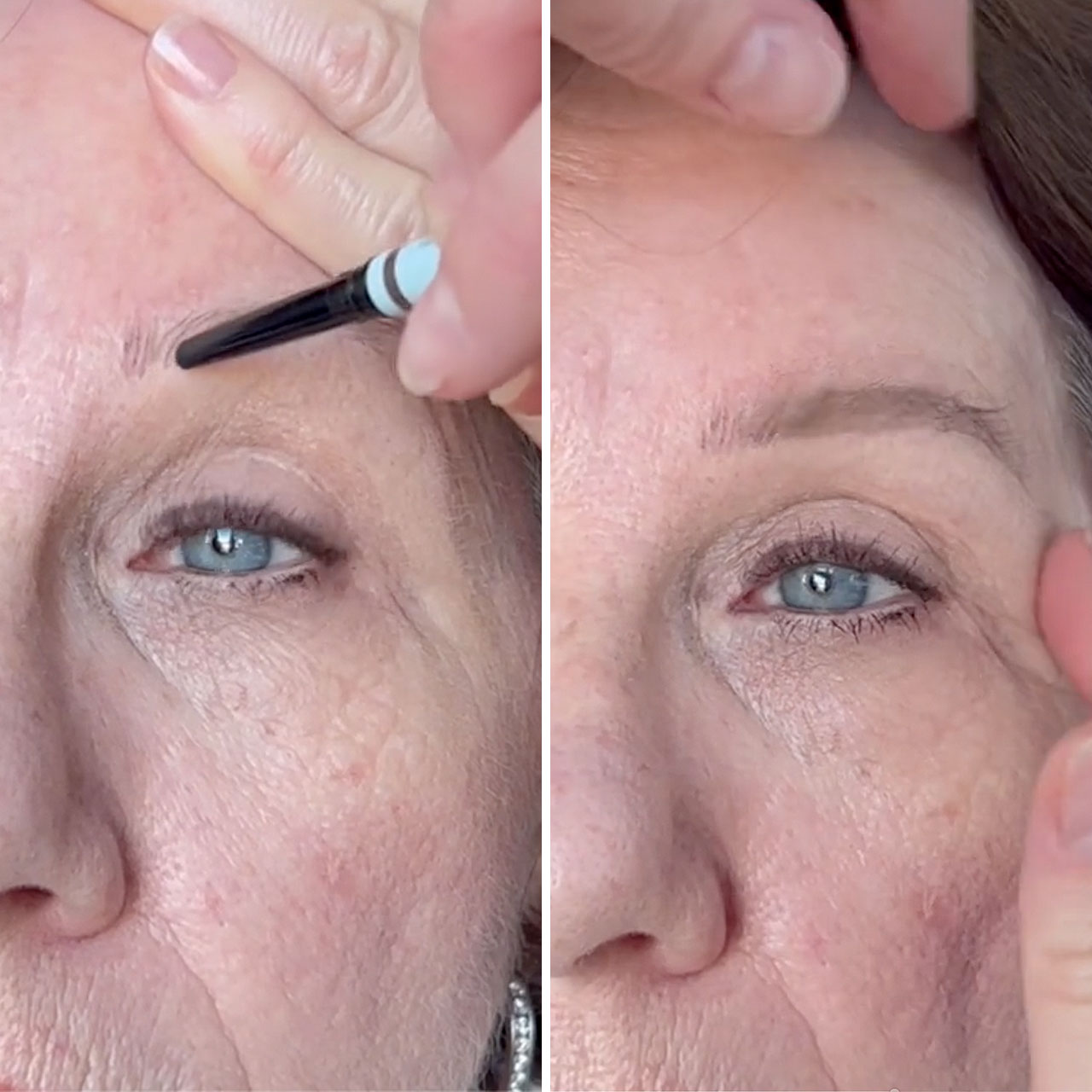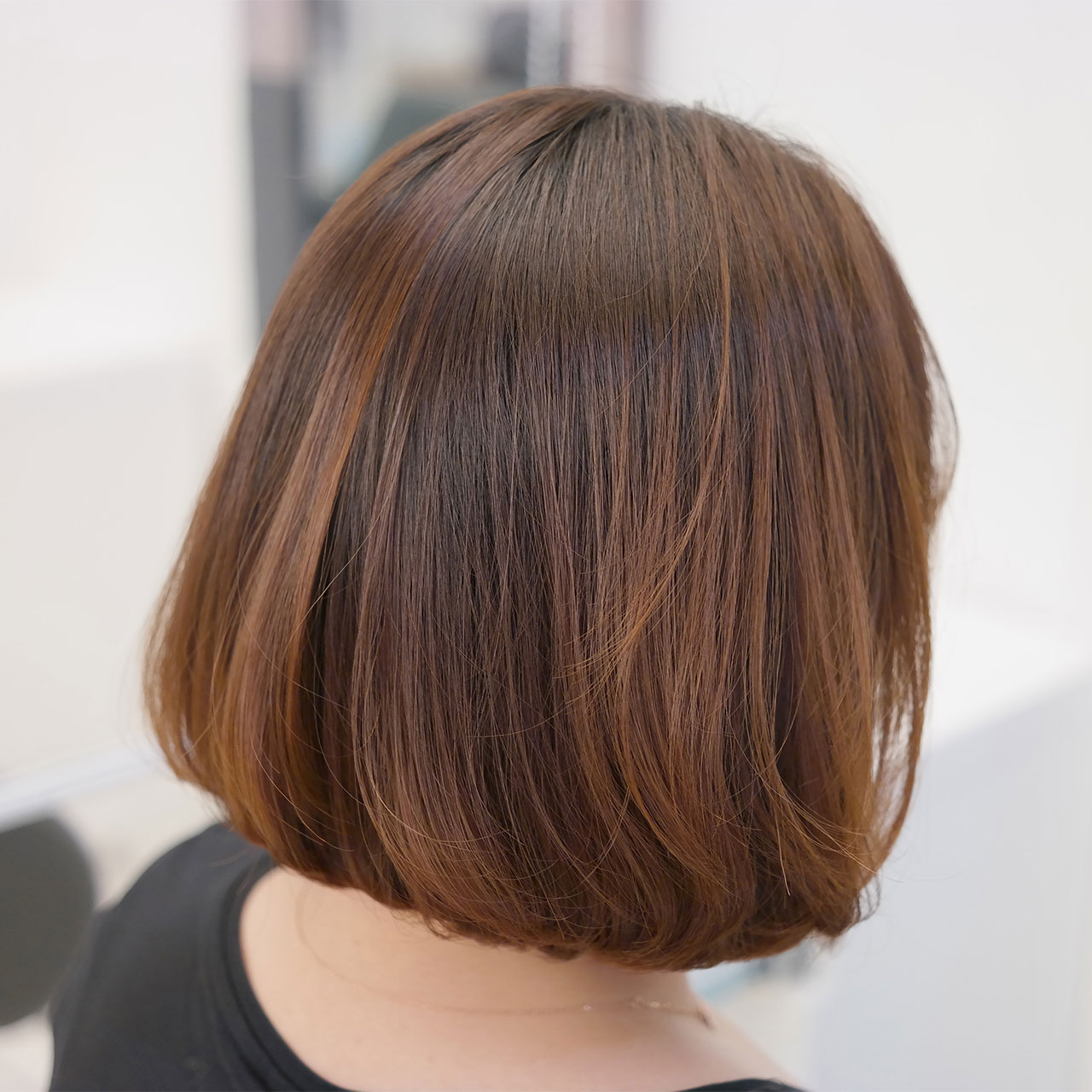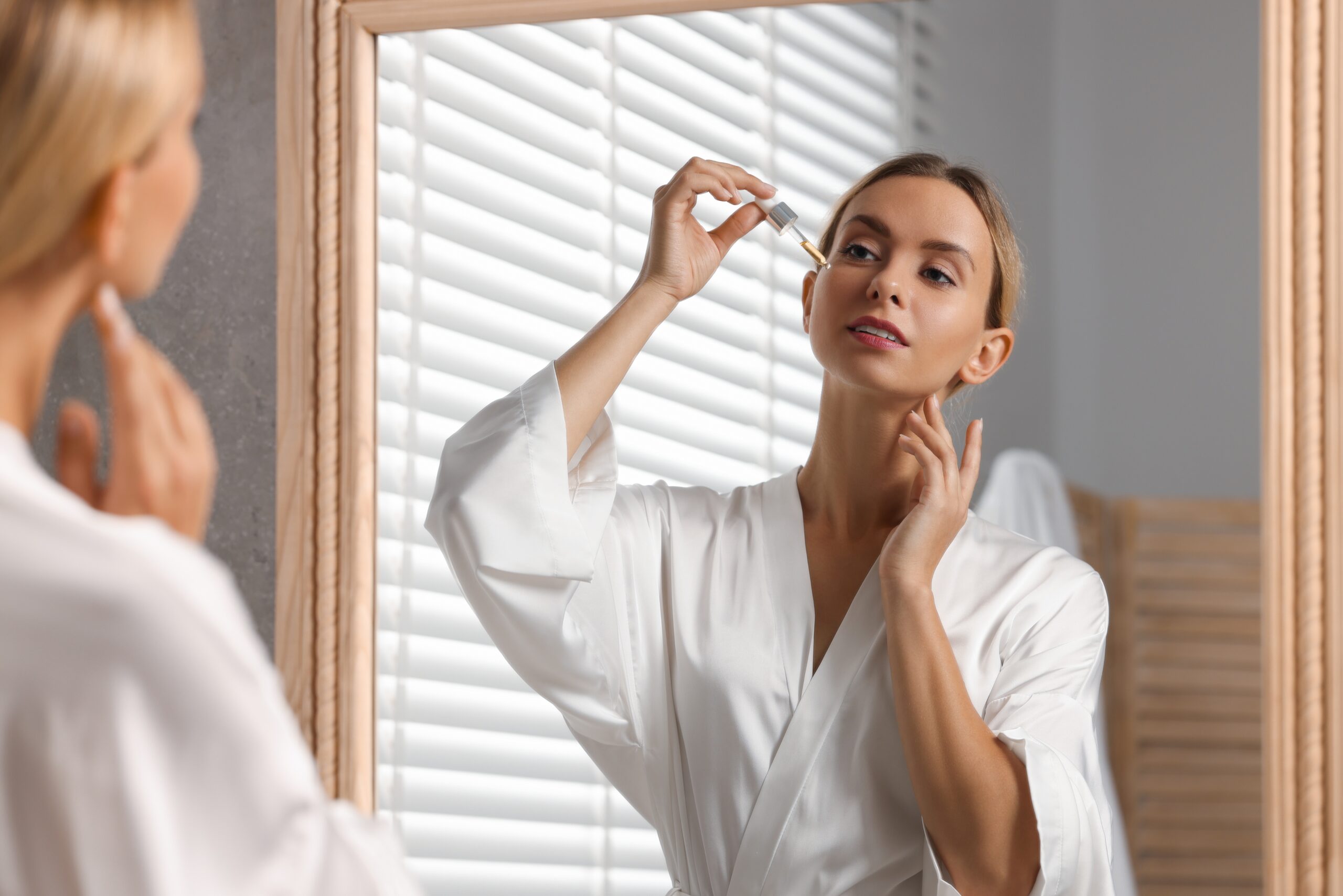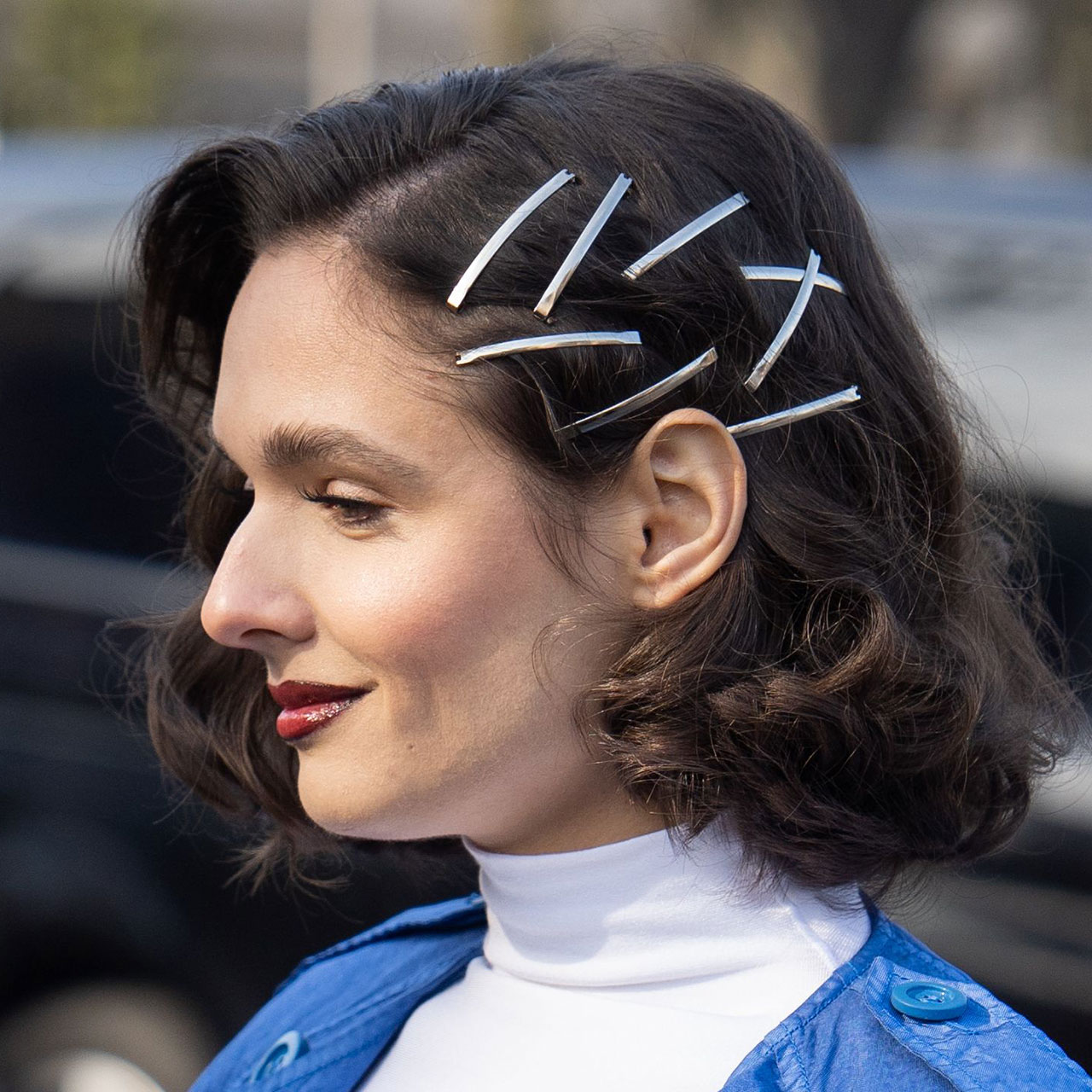Experiencing your hair falling out can be shocking and stressful, but there are many ways to prevent hair thinning and further loss. As we age, our hair loses its youthful vibrance and strength, which is why washing it thoroughly and with the right products is essential.
If you’ve been noticing hair fallout and don’t know where to begin, rest assured. We asked hair experts about one critical mistake you might be making when washing your hair, and how often you should rinse your tresses.
The Danger of Over-Washing Aging Hair
Oftentimes, nothing feels better than freshly clean hair from a relaxing shower. While cleaning dirt and sweat from your hair is absolutely necessary for its health, over-washing it (especially when it’s thinning or falling out) can have undesired effects.
Vanessa Thomas, cosmetic chemist, and founder of Freelance Formulations says that shampooing too frequently can cause split, dead ends and further damage.
“Over-shampooing hair can lead to stripping your hair of beneficial oils it needs and leads to breakage,” says Thomas. “Thinning hair should never be brushed when wet as this can also cause excess breakage and hair fall out.”
So how much washing is too much? Read on for tips on how often to wash your hair and the drawbacks of avoiding a rinse for too long.

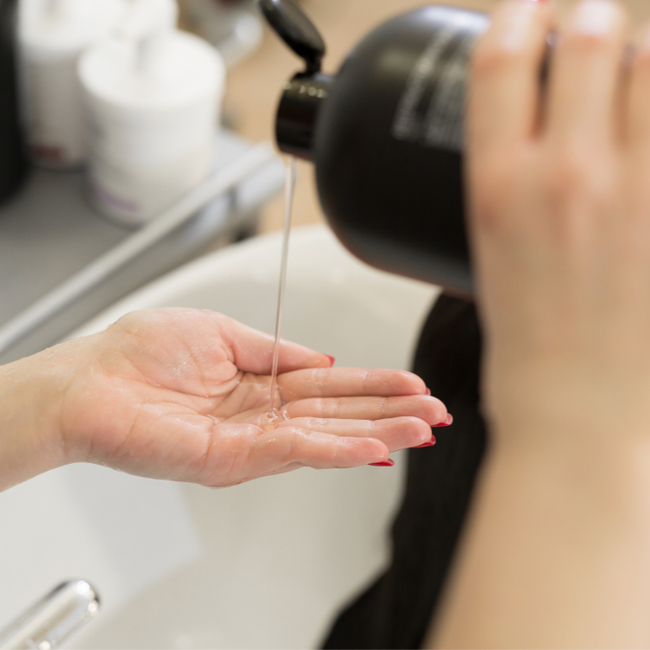
How Often to Wash & Shampoo
The frequency at which you should rinse your hair depends on your hair type— whether it is oily, dry or textured.
Those with oily hair might notice that going days without washing their hair only leads to flatter, greasier locks. In this case, experts say washing every day is fine, just avoid harsh combing or tight hairstyles.
Dry hair can go a little bit longer, with several days in-between washes, as can textured hair. If you have fine or thin hair that is falling out, washing every other day gives your hair a break while also cleansing just enough to remove buildup and prevent a clogged scalp.
Board-certified dermatologist Dr. Erum N. Ilyas, M.D., MBE, FAAD notes that waiting any longer to wash your hair could mean worse for fallout overtime.
"There is a tendency for many people to avoid washing their hair as they fear the loss they will experience in the shower," says Ilyas. "Our actively growing hairs are deeply rooted in the scalp and will not shed easily with washing our hair."
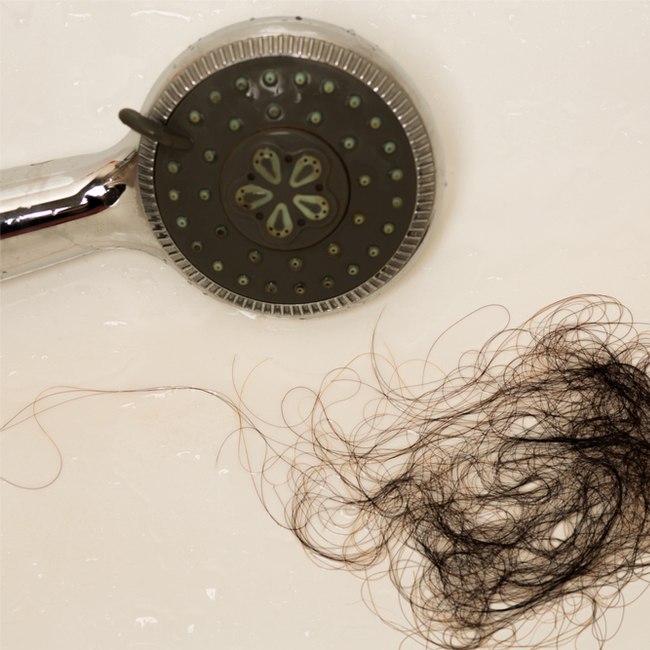
Ilyas notes that the hairs that shed "would have fallen out with or without washing" because those hairs are "no longer in the growth phase," but the resting phase.
Not washing your hair or scalp leads to buildup, inflammation, and the potential for yeast and bacterial overgrowth. Ilyas says that this can inhibit hair growth, worsen hair loss or delay hair regrowth.
"This doesn’t mean you need to wash your hair every day, it just means to maintain your hair and scalp routine through periods of thinning hair," says Ilyas.
It's important to seek out your dermatologist to evaluate your scalp to determine the true nature of your thinning hair. As Ilyas says, "early intervention leads to better outcomes."
Your dermatologist can also recommend specific products for your hair situation and help you create a haircare routine. New Year's hair resolutions can be kept by visiting your doctor!














